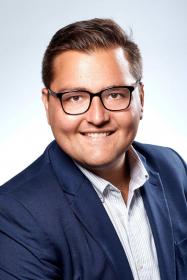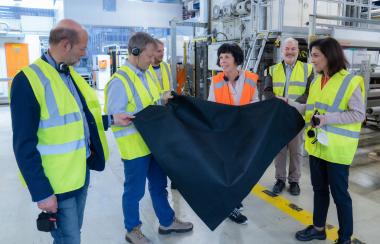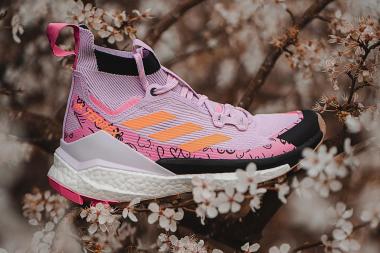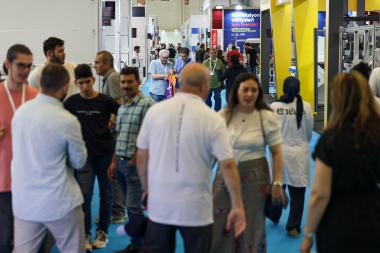INDA: Wes Fisher new Director of Government Affairs
INDA, the Association of the Nonwoven Fabrics Industry, has named government relations and external affairs strategist and advocate Wes Fisher as its new Director of Government Affairs to raise the association’s profile in Washington, D.C. He brings strong liaising skills advancing industries’ interest to regulatory agencies such as the Centers for Disease Control and Prevention, U.S. Department of Agriculture, Food and Drug Administration, and state-level departments.
Most recently, he was senior director of government affairs at the Pet Advocacy Network where he led government relations and legislative strategy for the pet care industry’s national trade association. Fisher’s background includes providing testimony on hundreds of bills and regulations for associations and creating policy positions, notably on single-use plastics and sustainability.
He has held positions working at the American Legislative Exchange Council and then the National Automatic Merchandising Association where he led state government relations and external affairs for the 1,000-members representing the vending and retail industry.
At INDA, he will serve as the liaison between the industry and government legislative and regulatory bodies by preparing formal submissions to the federal government articulating industry positions, and representing INDA on the Industry Trade Advisory Committee for Textiles and Apparel (ITAC 12) among other responsibilities in this key position.
Fisher holds a Bachelor’s degree in Political Science from James Madison University in Harrisonburg, VA. He also sits on the board of directors of the Washington Area State Relations Group, and was appointed by the Governor of Virginia to serve on the State Rare Disease Council.
INDA






























